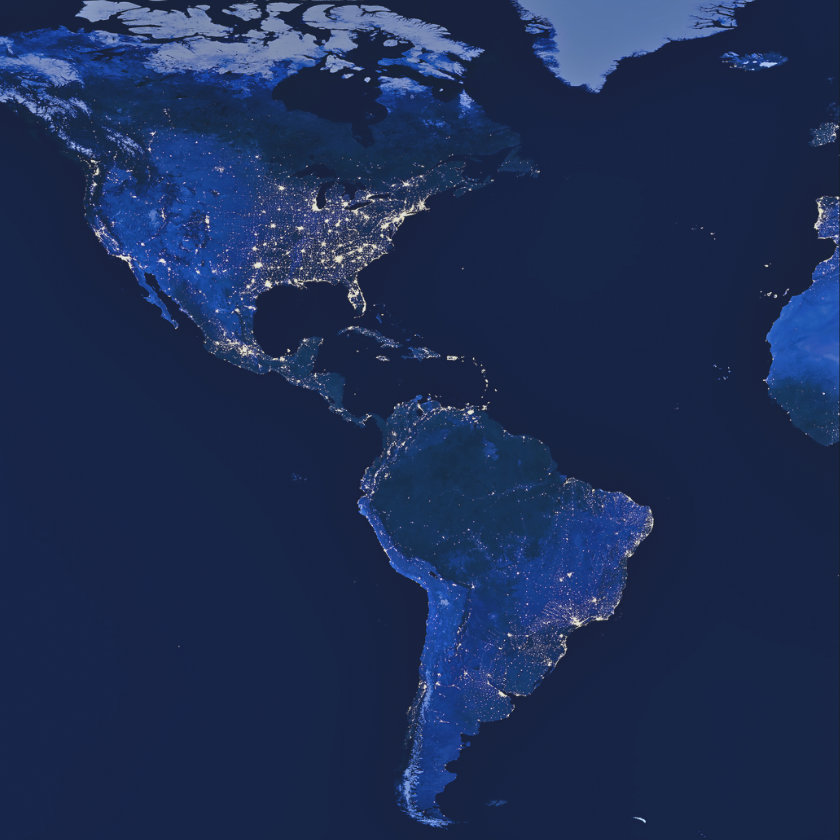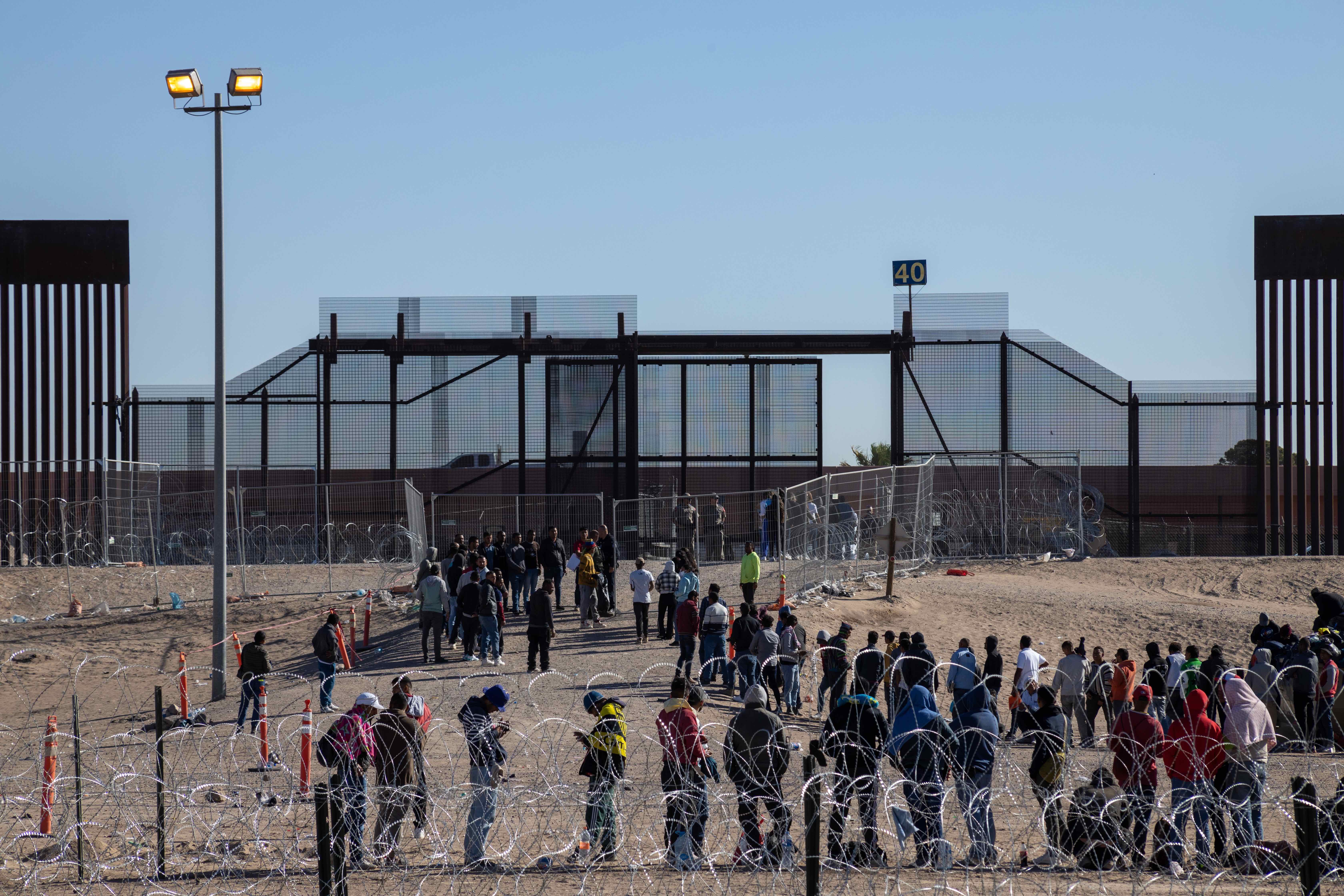Americas
The Americas are undergoing profound changes. While the hegemony of the United States is being called into question, Latin America, for its part, is raising issues specific to its territory, and possesses significant development potential.
Related Subjects

Migrations Between Mexico and the United States: More of the Same or a Headlong Rush?

As Trump prepares to tighten border controls with Mexico and carry out mass deportations of undocumented immigrants, Mexico is questioning the economic consequences of this migration policy and expects to have to negotiate the issue in connection with the tariffs imposed by the Trump administration.
U.S. Foreign Policy in the Age of Trump
Despite a very particular style, the Trump administration's foreign policy continues on many points the American withdrawal from World affairs which had started under Barack Obama. The main trends of thought of American foreign policy show this evolution, with the resurgence of non-interventionist and even nationalist ideas amongs DC think-tankers.
Emmanuel Macron's openness toward Russia is testing the patience of NATO allies
Paris (CNN) - Nobody likes to hear that an old friend is "brain dead," so perhaps it's not surprising that France's allies seem to be going through the seven stages of grief over Emmanuel Macron's pronouncement in the Economist last month that NATO is languishing.


Preserving defence partnerships with US and UK is a key interest for France.
Nicolas Sarkozy used to promote himself as a transatlanticist or anglophile French president. Emmanuel Macron seems to have taken this approach a step further. Macron appears to have taken upon France and himself the responsibility of not allowing Britain and more importantly, the United States to drift too far away from Europe. Is he succeeding in this?
La guerre nucléaire limitée : un renouveau stratégique américain
Over the past few years, a debate on possible scenarios of limited nuclear weapons use has surfaced again in the United States. Russian nuclear saber-rattling since 2014 and the growing tensions in the Korean peninsula have led Washington to reassess its own ability to deter, or respond to, such a limited use of nuclear weapons.
Brazil: the Harder they Fall
During the 2000s, Brazil's economy took off, with growth driven primarily by strong Chinese demand for commodities. Within a decade, the Brazilian middle class increased from 30% to 50% of the population.

Latin America's Dashed Hopes
Only recently, Latin America seemed to embody an inexorable movement towards political democratization, towards a decrease in stark inequalities as well as greater involvement in the global economy. But the dream remains unrealized.
Les élections fédérales d'octobre 2015 au Canada : dynamiques et enjeux
The federal elections in Canada will take place this coming October 19th, 2015. This ballot could be a turning point in the political life of the country, because it already appears as a referendum to assess the "Harper decade".
Conventionalizing Deterrence? U.S. Prompt Strike Programs and Their Limits
About a decade ago, the U.S. started to examine options to develop and acquire Conventional Prompt Global Strike capabilities. This move fits in an effort to conventionalize deterrence, an effort initiated decades before and undertaken for profound and diverse motives. Although it has been renewed under the Obama administration, which aims to reduce the U.S. reliance on nuclear weapons, this ambition has resulted in very little concrete progress.
NSA Does the Grand Tour
On Tuesday Barack Obama called President Francois Hollande of France to explain the National Security Agency’s massive surveillance of French government offices, businesses and private citizens. Obama stated that this was a well-meaning attempt to protect both countries from Islamic terrorism. He offered to “reexamine” the program so as to determine whether the right balance was struck between public safety and privacy rights.
Migrations et développement : l'enjeu environnemental et l'avenir des politiques migratoires
This paper analyzes the future of migrations related to climate changes and environment degradations.
Support independent French research
Ifri, a foundation recognized as being of public utility, relies largely on private donors – companies and individuals – to guarantee its sustainability and intellectual independence. Through their funding, donors help maintain the Institute's position among the world's leading think tanks. By benefiting from an internationally recognized network and expertise, donors refine their understanding of geopolitical risk and its consequences on global politics and the economy. In 2024, Ifri will support more than 70 French and foreign companies and organizations.











